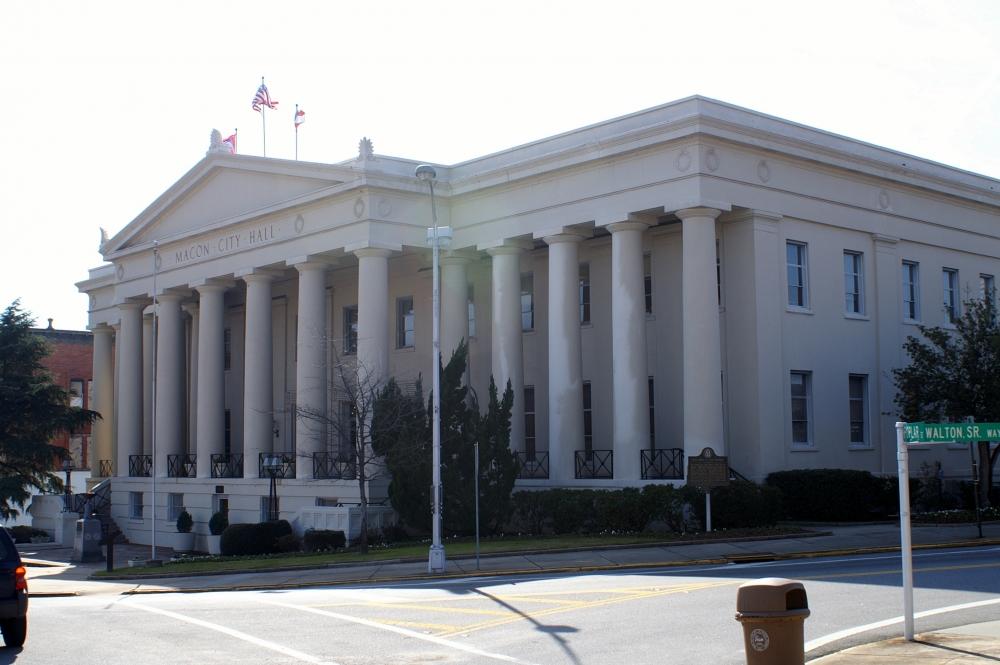
Section Branding
Header Content
Feds Could Block Elections Bill
Primary Content

Legislation that would make local elections in Macon and Bibb County nonpartisan has one more hurdle to pass.
It’s not the Governor’s desk — he’s expected to sign what his fellow Republicans passed handily in the state House and Senate. Rather, the move could bump up against the federal Voting Rights Act.
Because of this state’s history of racial discrimination in the political process, any change that Georgia makes to the way people vote has to be approved by the Justice Department.
Mercer University law professor David Oedel thinks the Macon-Bibb legislation could run afoul of the feds. Not so much because it eliminates party labels and party primaries, but because it moves Election Day for local offices from November back to July where the primaries used to be, and when turnout is historically lower.
"I think it’s expected to have an impact on minority representation, I think it’s clear," Oedel said.
Which is exactly why the Justice Department blocked a similar change affecting Augusta’s elections last month.
But, there's one more hitch.
On February 27, the U.S. Supreme Court will hear oral arguments in a constitutional challenge to Section 5 of the Voting Rights Act, which is what requires to run these types of changes by the federal authorities.
If the court strikes Section 5 down, that could render this issue moot.
A ruling is expected by June.
Tags: politics, Macon, Bibb County, Voting Rights Act, nonpartisan elections, Macon-Bibb consolidation, Adam Ragusea
